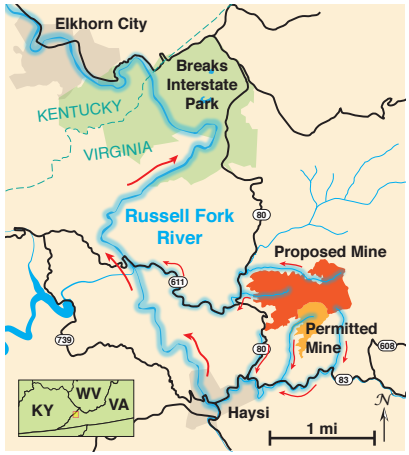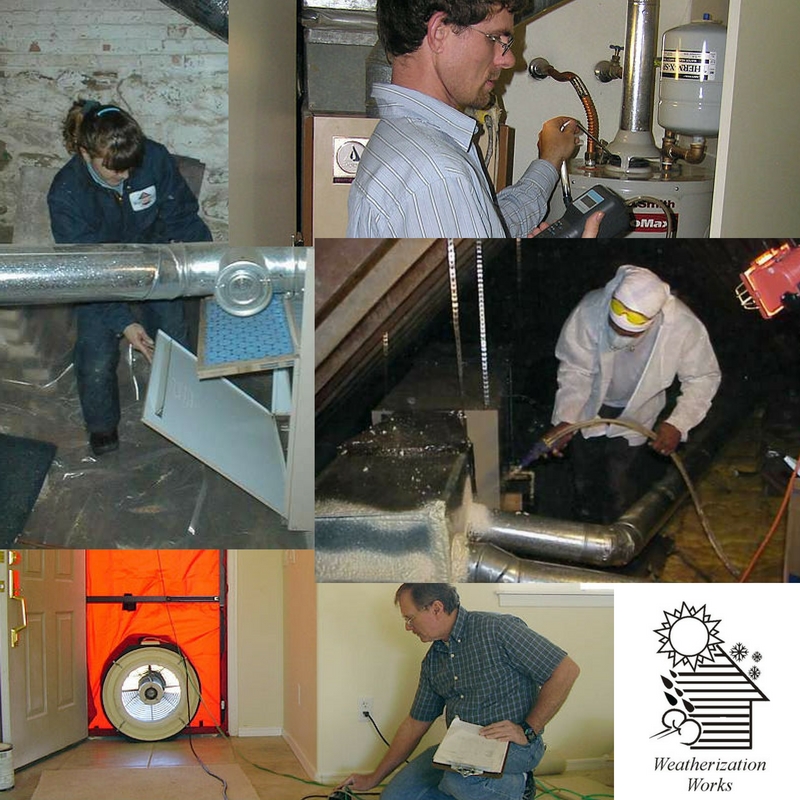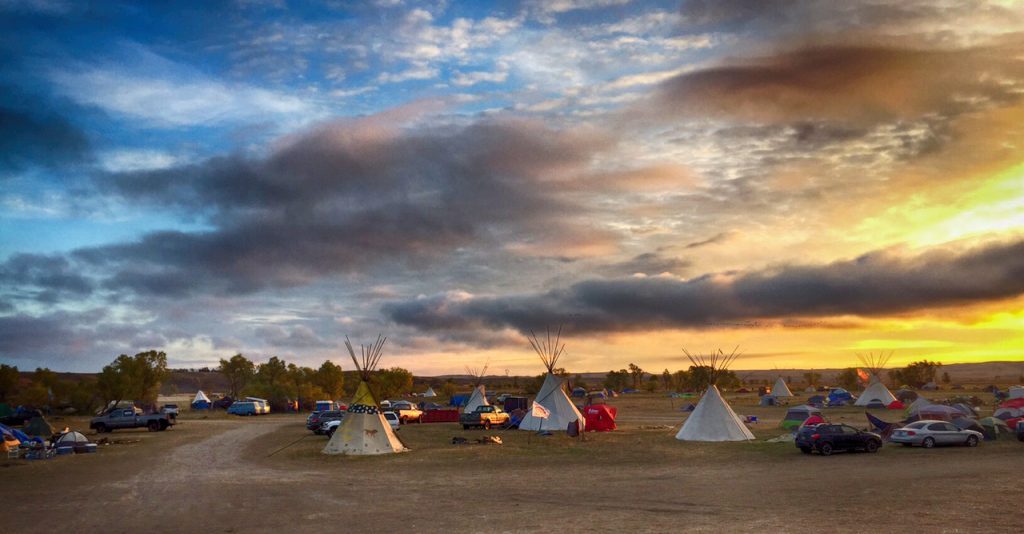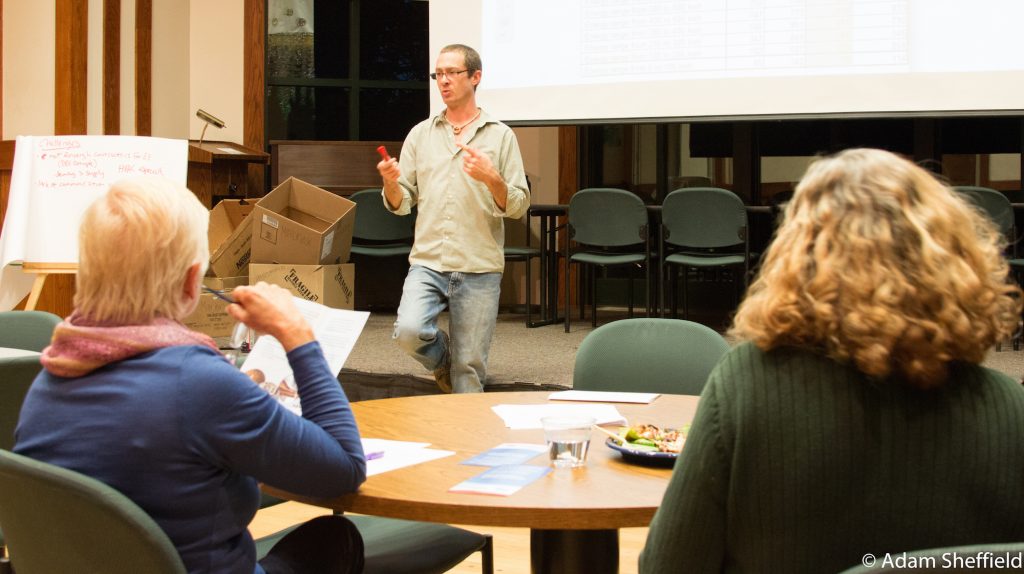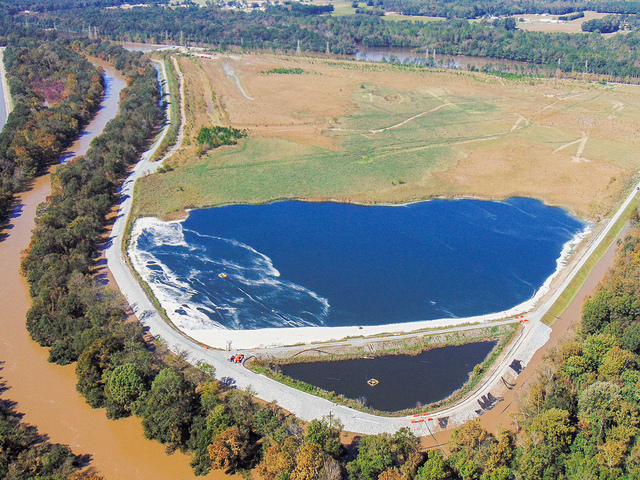All Posts
Trump’s pick for Commerce has troubled history in coal
Wilbur Ross — a man who helmed a large Kentucky coal company with a troubled history of environmental and miner safety violations — has been chosen to be the next U.S. Secretary of Commerce. If President-elect Trump truly believes that economic growth and opportunity can only be gained at the expense of worker safety, community health and clean water, he could make no better pick than Ross.
Read MoreWhat we do now — a note from Executive Director Tom Cormons
I believe deeply in Appalachian Voices’ longstanding mission to bring people together for the well-being of Appalachian communities, our shared natural heritage and our children’s futures. In stark contrast, the presidential election has underscored and exaggerated our differences, overshadowing the many fundamental values we share. But being discouraged is not an option. Instead, we must join together like never before.
Read MoreSouthwest Virginians speak out against Doe Branch Mine
“God gave us the water so we can stay clean, and so we can drink it. I don’t want poison in the water.” Those are the words of 6-year-old Levi Marney, spoken to representatives of the Virginia Department of Mines, Minerals and Energy at a public meeting about the proposed Doe Branch mountaintop removal mine in Haysi.
Read MoreWe stand together
An important message from our executive director, Tom Cormons: Today, more than ever, we need to stand together and support each other to defend the health of Appalachia’s communities, our irreplaceable natural heritage, and the future of the planet. We know you are with us.
Read MoreNational Weatherization Assistance Program Turns 40!
Forty years ago the federal government launched the National Weatherization Assistance Program to help residents combat high heat costs. In celebration of this anniversary, we take a look at the history of the program and see how far energy efficiency has come in four decades — yet also recognizing things we still need to do to make everyone’s home heating costs more affordable.
Read MoreSaying no to a fracked-gas future
From the West Coast to the Dakotas to Appalachia, our country is at an energy crossroads. We can continue building up fossil fuel infrastructure, like the massive fracked-gas pipelines being proposed, degrading our treasured landscapes and waterways, and posing health and safety risks to thousands of families. Or, we can invest in truly clean energy, create jobs, curb climate impacts and build a sustainable future. The choice is clear.
Read MoreBoone community comes together to tackle energy waste
At the first-ever Boone Energy Stakeholder Meeting, Appalachian Voices and other stakeholders took an important first step toward identifying solutions that could help tackle the problem of energy waste for the Town of Boone.
Read MoreHurricane Matthew flooding elevates coal ash concerns
Earlier this month, North Carolina was devastated by the impacts of Hurricane Matthew. Flooding occurred across much of the state, with the hardest impacts felt in the east and among communities that are least able to bounce back from such a catastrophic event. While the flood waters are still receding, we are learning about the impacts left in their wake.
Read MoreSolar and energy efficiency…like peanut butter and jelly
While energy efficiency is just as clean as solar when it comes to emissions, efficiency by itself can’t produce energy for customers looking for a clean energy option, and solar without energy efficiency can’t reach the full extent of its potential. Both are valuable and can, and should, work together as an integrated solution to create cleaner and cheaper energy.
Read MoreNavigating the Russell Fork
The Russell Fork River was recently added to American River’s 2016 list of America’s Most Endangered Rivers because of threats from mountaintop coal removal mining.
Read More


